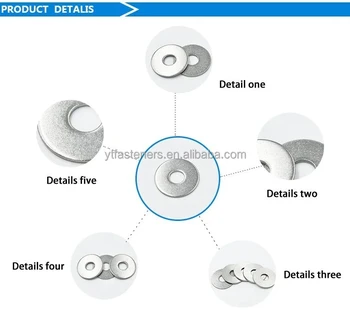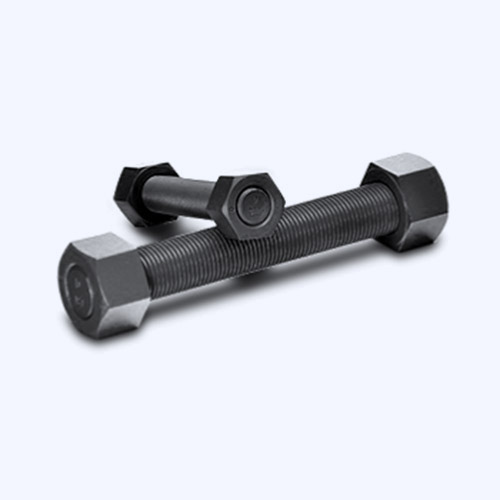Fev . 18, 2025 04:20 Back to list
bolt fastener types
Bolt fasteners play a crucial role in various industries, from construction and automotive to aerospace and electronics. Choosing the right type of bolt fastener is essential for ensuring the strength, durability, and safety of any application. This comprehensive guide delves into the various types of bolt fasteners, highlighting their specific uses, advantages, and considerations to keep in mind when selecting them for your projects.
Eye Bolts Featuring a loop at one end, eye bolts are crucial for lifting and rigging tasks. They are commonly used to attach cables, chains, or ropes to various structures or objects. When selecting eye bolts, it is vital to consider the load requirements and environmental factors, such as exposure to salts or chemicals, which might necessitate galvanized or stainless steel eye bolts. Flange Bolts Used extensively in the automotive and manufacturing industries, flange bolts have a flange beneath the hexagonal head, which distributes the clamping load over a wider area. This feature eliminates the need for washers in some applications and helps secure parts together with a more even distribution of pressure. U-Bolts Shaped like the letter U, U-bolts are essential for securing pipes, rods, and various components to surfaces or structures. They are often used in plumbing and vehicle suspension systems. Choosing the appropriate size and material for U-bolts is crucial to ensure they can handle the required load and resist environmental conditions. Stud Bolts Utilized in flange connections, particularly in the oil and gas industries, stud bolts provide superior service where reliable, tight sealing is required. They resemble threaded rods and, unlike other bolt fasteners, they do not have a head. This design allows for easy installation and removal with nuts on both ends. Each type of bolt fastener has its unique features and advantages. Selecting the appropriate bolt type involves understanding the specific requirements of your project, such as load-bearing capacity, environmental exposure, and material compatibility. Consulting with industry experts and referring to industry standards can further aid in making informed decisions. Furthermore, sourcing bolt fasteners from reputable manufacturers ensures their quality and performance, enhancing the overall safety and reliability of the applications they are used in. By considering these factors, businesses and engineers can optimize their operations, ensuring projects withstand the test of time and demonstrate the highest standards of safety and function.


Eye Bolts Featuring a loop at one end, eye bolts are crucial for lifting and rigging tasks. They are commonly used to attach cables, chains, or ropes to various structures or objects. When selecting eye bolts, it is vital to consider the load requirements and environmental factors, such as exposure to salts or chemicals, which might necessitate galvanized or stainless steel eye bolts. Flange Bolts Used extensively in the automotive and manufacturing industries, flange bolts have a flange beneath the hexagonal head, which distributes the clamping load over a wider area. This feature eliminates the need for washers in some applications and helps secure parts together with a more even distribution of pressure. U-Bolts Shaped like the letter U, U-bolts are essential for securing pipes, rods, and various components to surfaces or structures. They are often used in plumbing and vehicle suspension systems. Choosing the appropriate size and material for U-bolts is crucial to ensure they can handle the required load and resist environmental conditions. Stud Bolts Utilized in flange connections, particularly in the oil and gas industries, stud bolts provide superior service where reliable, tight sealing is required. They resemble threaded rods and, unlike other bolt fasteners, they do not have a head. This design allows for easy installation and removal with nuts on both ends. Each type of bolt fastener has its unique features and advantages. Selecting the appropriate bolt type involves understanding the specific requirements of your project, such as load-bearing capacity, environmental exposure, and material compatibility. Consulting with industry experts and referring to industry standards can further aid in making informed decisions. Furthermore, sourcing bolt fasteners from reputable manufacturers ensures their quality and performance, enhancing the overall safety and reliability of the applications they are used in. By considering these factors, businesses and engineers can optimize their operations, ensuring projects withstand the test of time and demonstrate the highest standards of safety and function.
Next:


